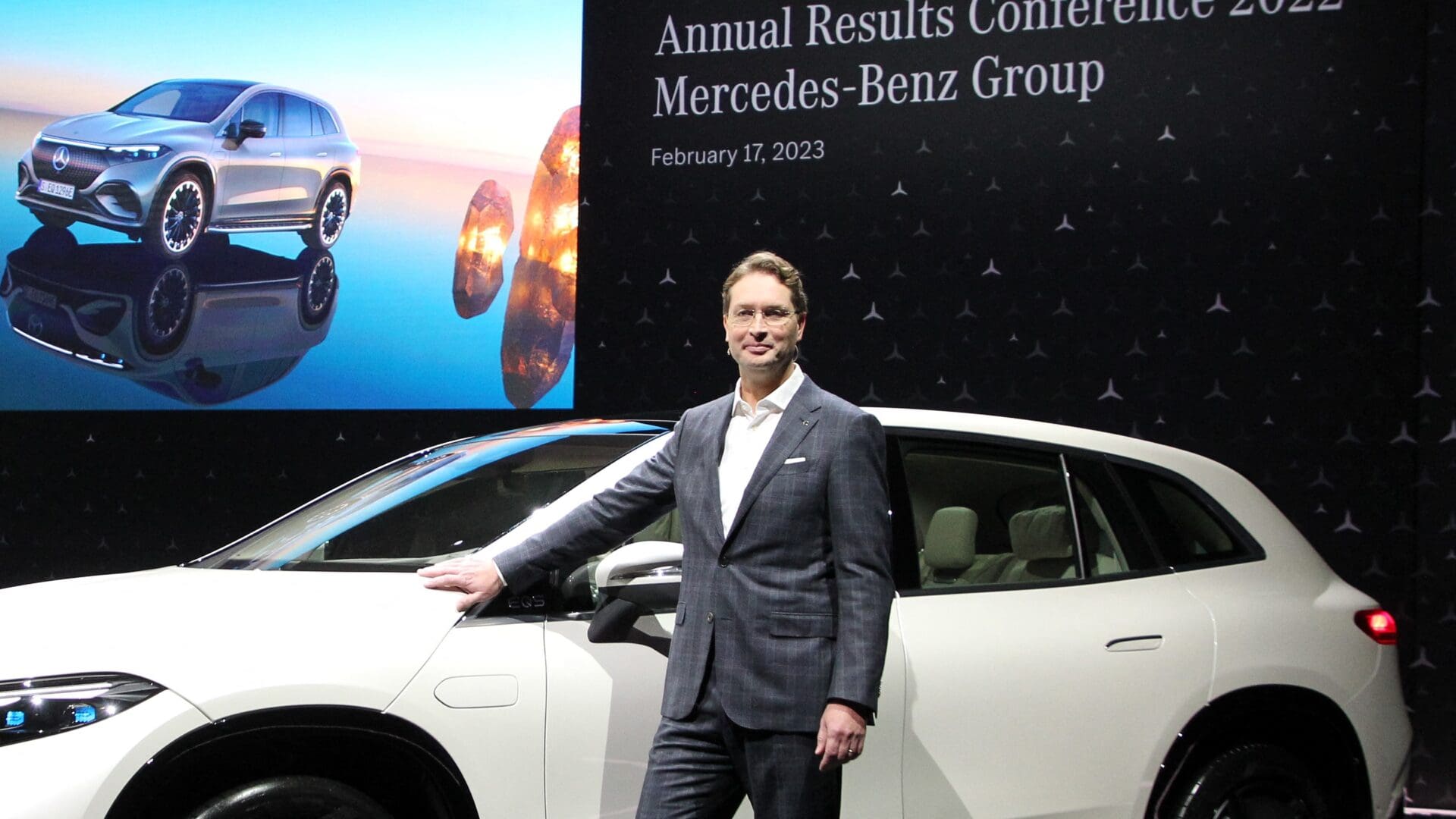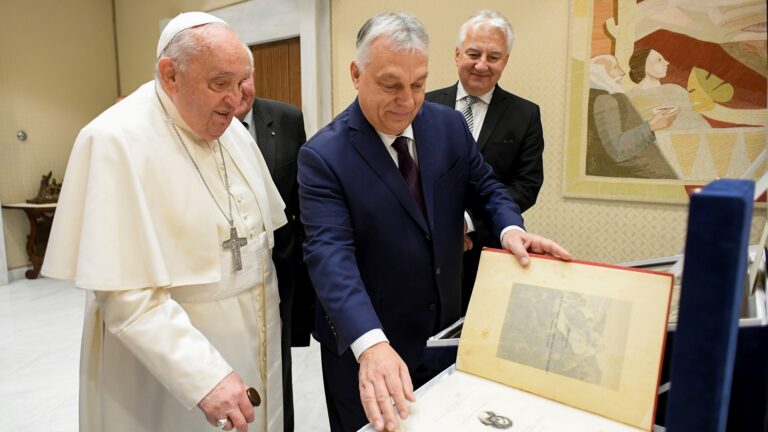Mercedes-Benz is investing several billion euros in its Kecskemét plant, giving a significant role to the Hungarian facility in the transition to electric vehicles, according to the Chairman and CEO of the Stuttgart-based automotive conglomerate, Ola Källenius. The chairman highlighted that with the changing proportion of drivetrains, they will establish a battery assembly plant on the factory premises. In the near future, Kecskemét will also be able to serve Mercedes-Benz luxury car buyers, the chairman said in an interview with Index.
Källenius emphasized that the Kecskemét plant is a crucial part of their global production network. He stated that the future is being built in Kecskemét, and this is not mere flattery, especially after the first EQB compact SUV model rolled off the production line in the plant in the autumn of 2021. Ola Källenius revealed that the first purely electric, serially produced car made in Hungary was a milestone in the history of Mercedes-Benz, and that it greatly impressed the top management of the corporation that the actual production began just 12 months after the decision was made by the board.
‘It’s no secret that expansion is about expanding the product portfolio, and in the near future, from the mid-2020s, we will also be able to serve Mercedes luxury car buyers from Kecskemét,’ he stated. He explained that as electric vehicles gain more ground compared to internal combustion engines, they are also building a battery assembly plant in the city.
It will be a completely carbon-neutral facility, with geothermal energy planned to be used for heating.
The Index article noted that according to many, Hungary continues to serve as an assembly plant for Western capitals, with investments still attracted by relatively inexpensive labour and tax incentives. However, Ola Källenius disagreed, stating that we are well beyond that stage.
‘A decade ago, when Kecskemét still operated as a German counterpart to its sister plants in Germany, the relationship was somewhat master-apprentice-like, but these differences quickly disappeared. Today, all our sites contribute to the know-how of the global production network. Kecskemét is a perfectly equal partner in this, and it is among our best-performing plants worldwide,’ the top executive of Mercedes-Benz nailed down.
Last but not least, the article also inquired about Ola Källenius’ first car, what he drives now, and what represents the dream car for him. The 54-year-old Swedish executive told Index that he began his driving career at the age of 19 or 20 behind the wheel of a Volkswagen Golf I. Regarding the Mercedes product line-up, he spoke of it saying: ‘In such a large car portfolio, you can never say which child you love the most,’ but nowadays, he has the privilege of driving an EQS 580, their flagship electric sedan. He mentioned that he lives in Stuttgart, Baden-Württemberg, and it greatly facilitates his life that the car can travel almost 600 km on a single charge. As for his dream cars, he named two special models, one being a sports car, the Mercedes SL, and the other being the G-Class.
Hungarian Conservative reported on a meeting in March this year between Hungarian Economic Development Minister Márton Nagy and the leaders of Mercedes-Benz. Christian Wolff, the company’s CEO, financial director Karsten Twele, and communications and external relations manager Sándor Dávid were the ones present at the meeting. The parties discussed economic processes and reviewed the state and competitiveness of the automotive industry. The ministry emphasized that automotive manufacturing, along with battery manufacturing, is one of the pillars of Hungary’s economy and is considered a strategic sector in the new industrial strategy currently under development.
Mercedes is one of the world’s most successful automotive companies, with a presence on five continents. Last year, the Mercedes-Benz Group turned over €150 billion and employed nearly 170,000 people. Mercedes has been present in Hungary for nearly 15 years, producing around 135,000 vehicles annually, with an annual revenue exceeding €3 billion euros and a workforce of nearly 5,000 employees.
As Hungarian Conservative also reported in July 2022, Mercedes-Benz is expanding its factory in the central-Hungarian city, which will allow the facility to produce electric vehicles as well as new model luxury cars. As the global automotive industry increasingly shifts towards using green technologies, it is crucially important for Hungary to win investments that enhance the competitiveness of Hungarian automobile manufacturing by introducing production lines for electric vehicles. The Mercedes-Benz investment demonstrates that Hungary is able to adapt itself to the requirements of the green transition, and the country is ready to provide the necessary expertise to support the production of electric SUVs.
Related articles:
Sources: Hungarian Conservative/Index








